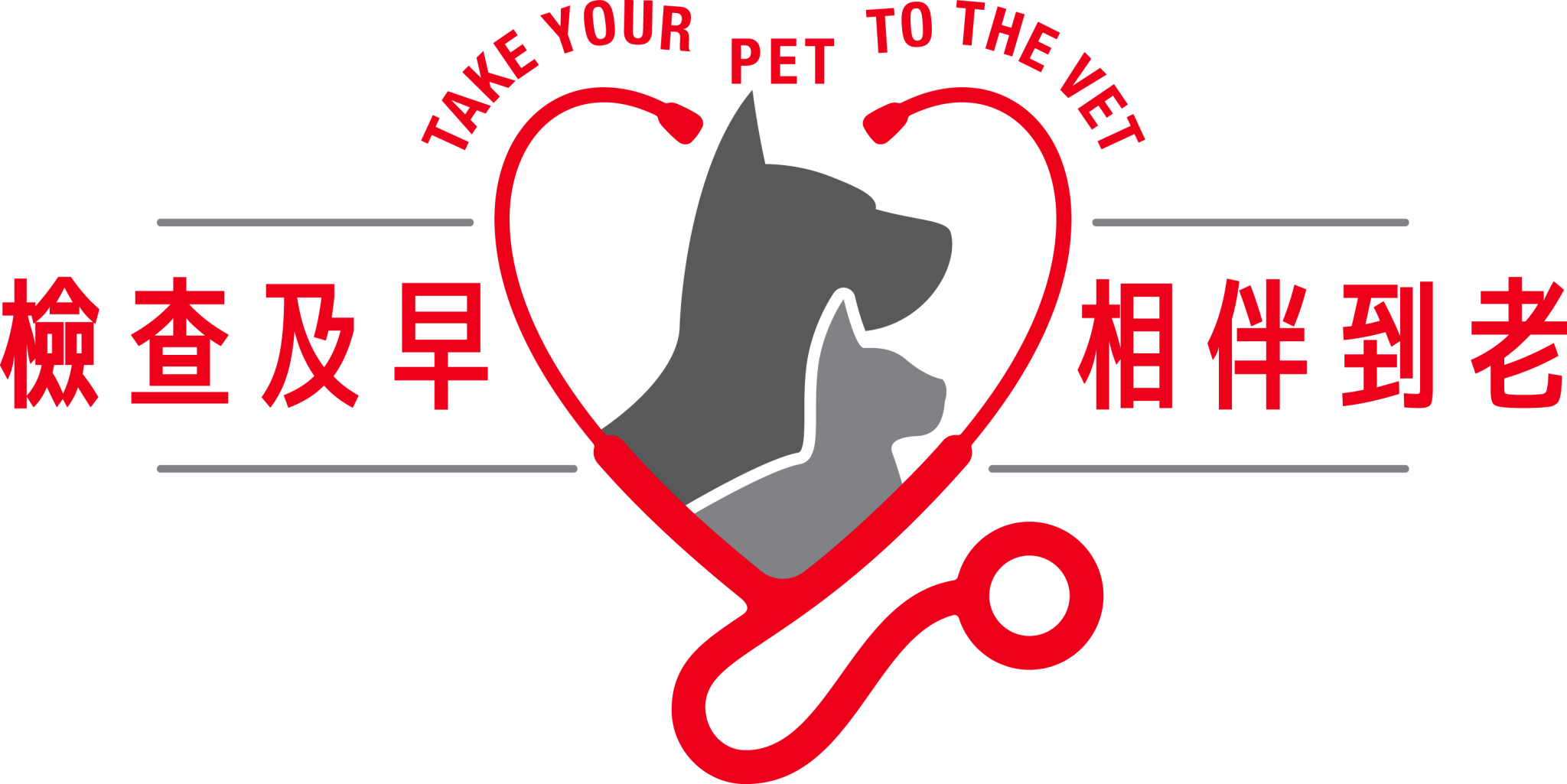Senior Cat Care 101
How can we take better care of our senior cats?
Cats are great at hiding their signs of discomfort, subtle signs may include:
- Eating less could be as simple as dental pain or as serious as kidney failure
- Drinking and urinating more may be associated with diseases like diabetes and kidney disease
- Eating lots but losing weight can also be signs of thyroid disease
- Constipation can be caused by dehydration, but some cats with arthritis may not urinate or defecate as often
- Signs of arthritis to look out for include sleeping more, inactivity, limping after lying down, increased crankiness especially when touched, inability to jump onto surfaces as before, and slimming of the limb muscles
| Cats have unique dietary needs at each stage of its life |
Characteristics of a good senior diet should include:
- High-quality protein
- Adequate fat content
- Easily digestible carbohydrates
- Well-balanced vitamins and minerals
Additional beneficial aspects:
- Increased antioxidants to combat free radicals
- Lower phosphorus content for kidney health
- Omega-3 fatty acids for inflammatory conditions, plus glucosamine and chondroitin for aging joints
- Higher fiber content for gut health or additives to help eliminate hairballs
- Rehydratable kibbles for easy chewing, and highly palatable wet food options to boost food and water intake
|
Prevention is better than cure: The importance of regular health check-ups |
Keep in mind that one human year equates to roughly 7 years for a cat, so significant changes can occur within just a few months.
To detect diseases early, we recommend health check-ups for senior cats (7 years old or older) every six months or as frequently as advised by your veterinarian. The check-up items may include:
- A nose-to-tail physical examination
- Comprehensive blood tests, including blood cell count, liver and kidney parameters (including SDMA for renal insufficiency), electrolytes, TT4 for thyroid function, and proBNP for heart disease
- Urinalysis and blood pressure measurements
- Your vet may also recommend imaging, such as X-rays and abdominal ultrasound, if they find anything suspicious during the nose-to-tail examination
- The most common diseases in senior cats include renal failure, hyperthyroidism, diabetes, hypertension, heart disease, and cancer. The tests mentioned above are designed to screen for these conditions.





